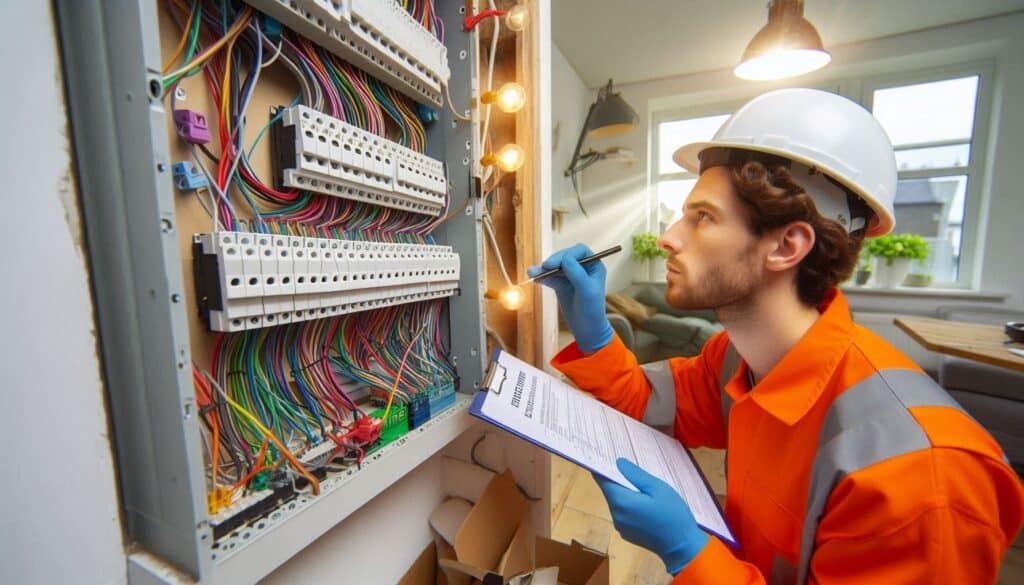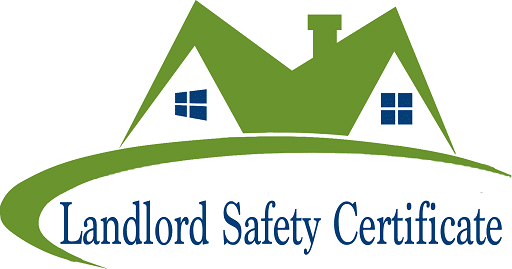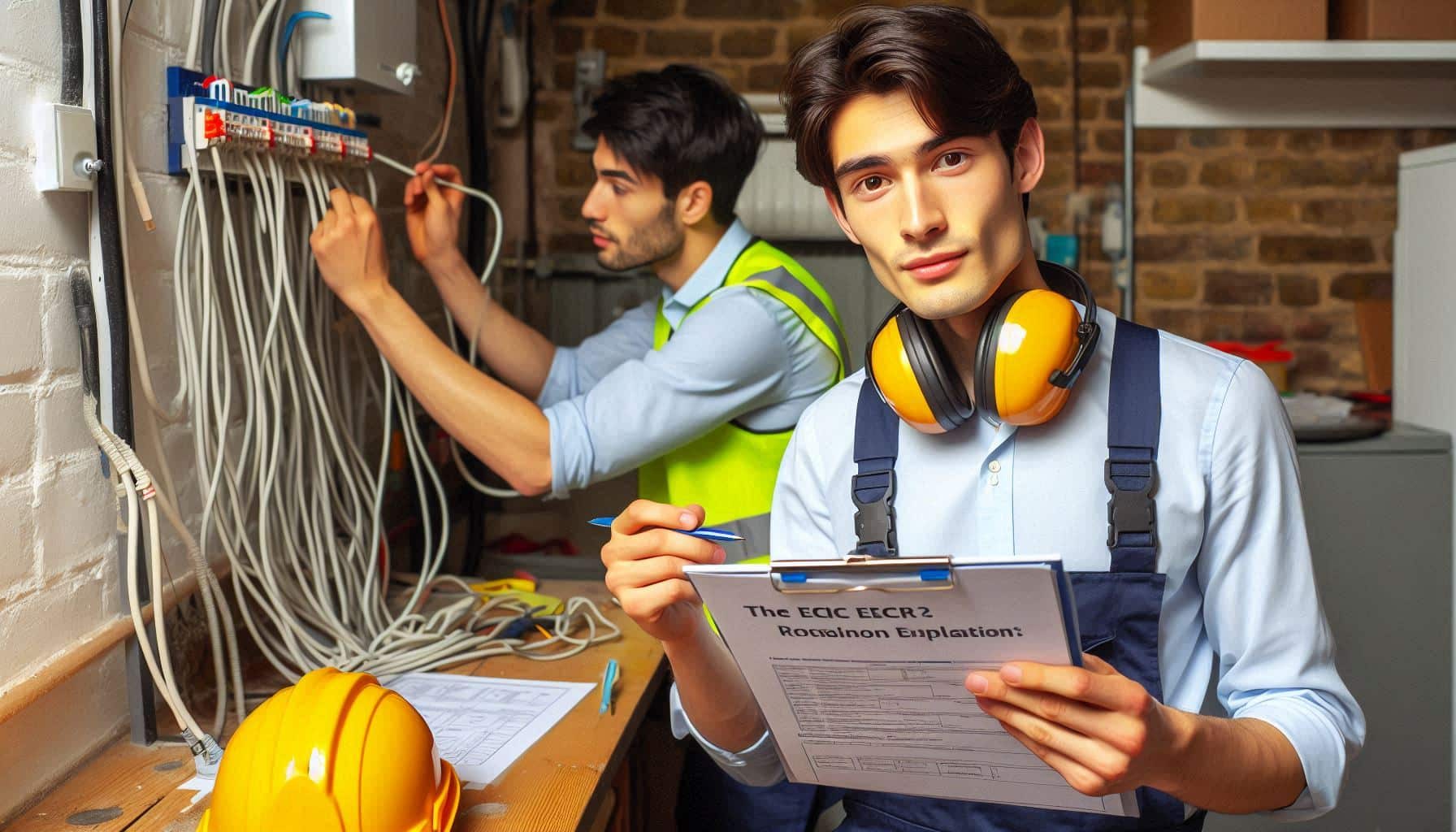
In London’s competitive rental market, safety compliance is more than a legal obligation—it’s a key part of responsible property management. Landlords must ensure that every system, from gas appliances to electrical installations, works safely and efficiently. However, one common question remains: Should safety checks be done annually or biannually?
The ideal safety check schedule depends on factors like property type, age, tenant turnover, and system complexity. By understanding landlord inspection frequency best practices, London landlords can protect their investments, stay compliant, and build tenant trust.
Safety inspections are the foundation of property compliance in London. They help landlords identify potential hazards before they escalate into costly or dangerous issues. The safety check schedule covers essential systems like gas boilers, electrical circuits, smoke alarms, and carbon monoxide detectors.
In densely populated areas such as central London, maintaining consistent landlord inspection frequency helps prevent issues caused by high usage or aging infrastructure. By proactively scheduling checks, landlords can ensure that their rental homes remain safe, compliant, and appealing to tenants.
The UK government sets clear safety standards for landlords, especially in London’s diverse housing market. Legal compliance often defines the safety check schedule for each system:
• Gas Safety: A Gas Safety Certificate (CP12) is required every 12 months, and only Gas Safe registered engineers can perform it.
• Electrical Safety: The Electrical Installation Condition Report (EICR) must be completed at least every 5 years, or sooner if advised.
• Smoke and CO Alarms: These must be tested at the start of every tenancy and checked regularly.
• Fire Safety: HMO landlords should review fire risk assessments annually.
By maintaining the correct landlord inspection frequency, London landlords meet regulations and avoid fines while ensuring tenant safety.
Annual inspections remain the norm for most London rentals. This safety check schedule meets legal gas safety requirements and balances cost with reliability.
Carrying out yearly inspections offers key benefits:
For landlords managing several London properties, yearly checks also simplify record keeping and reduce administrative stress.
Although annual checks are standard, some situations call for a biannual safety check schedule. Older or high-use properties may need extra attention to remain safe and efficient.
In central London, many Georgian and Victorian homes face faster wear on wiring, boilers, and plumbing. A twice-yearly landlord inspection frequency helps spot early signs of damage and ensures compliance with stricter local standards.
Likewise, HMOs and short-term rentals face heavier usage. Scheduling biannual checks helps reduce unexpected breakdowns, improve reliability, and maintain consistent safety standards for tenants.
No matter the property type, gas safety inspections are always annual by law. Every landlord must ensure that gas boilers, cookers, and flues are inspected once every 12 months by a Gas Safe registered engineer. This safety check schedule not only ensures legal compliance but also prevents dangerous leaks and carbon monoxide poisoning.
Landlords who maintain consistent landlord inspection frequency enjoy peace of mind, knowing their tenants are safe and their certificates remain valid for renewals or insurance claims.
Electrical systems present hidden risks that can worsen with time. Although the EICR is officially required every 5 years, many London landlords incorporate mid-term inspections into their safety check schedule to ensure continuous safety.
A practical approach is to conduct an interim electrical visual inspection every 2–3 years, especially in properties with older wiring or heavy appliance usage. This landlord inspection frequency provides an added layer of protection against faults, overloads, or potential fire hazards.
Boilers are among the most frequently used appliances in London homes, particularly during long winters. Beyond the mandatory gas safety inspection, landlords should include boiler servicing in their safety check schedule.
Annual servicing improves energy efficiency, reduces fuel costs, and extends equipment lifespan. For older boilers or properties with multiple tenants, a biannual landlord inspection frequency may be advisable to avoid unexpected breakdowns during cold months.
While gas and electrical checks occur periodically, fire and carbon monoxide safety require constant attention. Testing alarms, checking extinguishers, and inspecting emergency exits should form part of your safety check schedule.
In London, landlords must ensure these safety devices function correctly at all times. Therefore, a quarterly or biannual landlord inspection frequency is ideal for high-density properties like HMOs, student accommodations, or short-let apartments.
It’s easy to view regular safety checks as an expense, but in reality, they’re a long-term investment. A disciplined safety check schedule reduces emergency repair bills, prolongs equipment lifespan, and improves property value.
Moreover, a documented landlord inspection frequency enhances credibility during property appraisals or when marketing to new tenants. Tenants in London often prioritise homes maintained by diligent landlords, leading to fewer vacancies and better rental returns.

Even the best safety check schedule won’t work without tenant cooperation. Effective communication helps ensure access for inspections and builds mutual trust. Landlords should notify tenants well in advance, explaining that regular checks protect their safety and comfort.
A transparent landlord inspection frequency policy also reduces misunderstandings. When tenants understand the benefits, they are more likely to support inspections and report maintenance issues promptly.
Managing multiple properties in London can make tracking inspections overwhelming. Using property management software simplifies your safety check schedule by automating reminders, recording certificates, and generating reports.
Automation also ensures that landlord inspection frequency is never overlooked. Digital logs can be easily shared with letting agents, tenants, or compliance officers, adding an extra layer of professionalism to your property management approach.
London councils often impose additional safety requirements on landlords, especially those managing HMOs or older buildings. Some boroughs recommend a more frequent safety check schedule than national minimums.
Understanding your local landlord inspection frequency guidelines helps prevent non-compliance issues. For instance, councils like Camden or Westminster may require additional fire safety reviews or energy performance updates for older housing stock.
So, should landlords in London choose annual or biannual safety checks? The answer depends on property condition, age, occupancy, and location.
Here’s a quick guideline:
By tailoring your safety check schedule to your property type, you ensure both compliance and operational efficiency. Landlords who treat inspection planning as part of their long-term strategy consistently achieve higher safety ratings and tenant satisfaction.
Even experienced landlords sometimes make errors in their safety check schedule. The most common include:
Maintaining an organised landlord inspection frequency system prevents these mistakes, safeguarding both your property and reputation in London’s competitive market.
A reliable inspection is only as good as the professional conducting it. Always hire certified engineers, electricians, and safety assessors for your safety check schedule. In London, Gas Safe and NICEIC-certified professionals ensure that every inspection meets legal and technical standards.
Landlords who maintain consistent landlord inspection frequency through trusted partners benefit from reduced risk, fewer emergencies, and long-term tenant loyalty.
The choice between annual and biannual safety inspections ultimately depends on your property’s specific needs. For most London landlords, annual checks meet legal obligations and provide sufficient peace of mind. However, for older, high-use, or multi-tenant properties, a biannual safety check schedule can offer superior protection and reliability.
By setting a clear landlord inspection frequency, keeping accurate records, and working with certified professionals, you create a safe and compliant rental environment. Regular inspections not only protect your tenants but also strengthen your reputation as a responsible London landlord—one who values safety, compliance, and care above all else.

